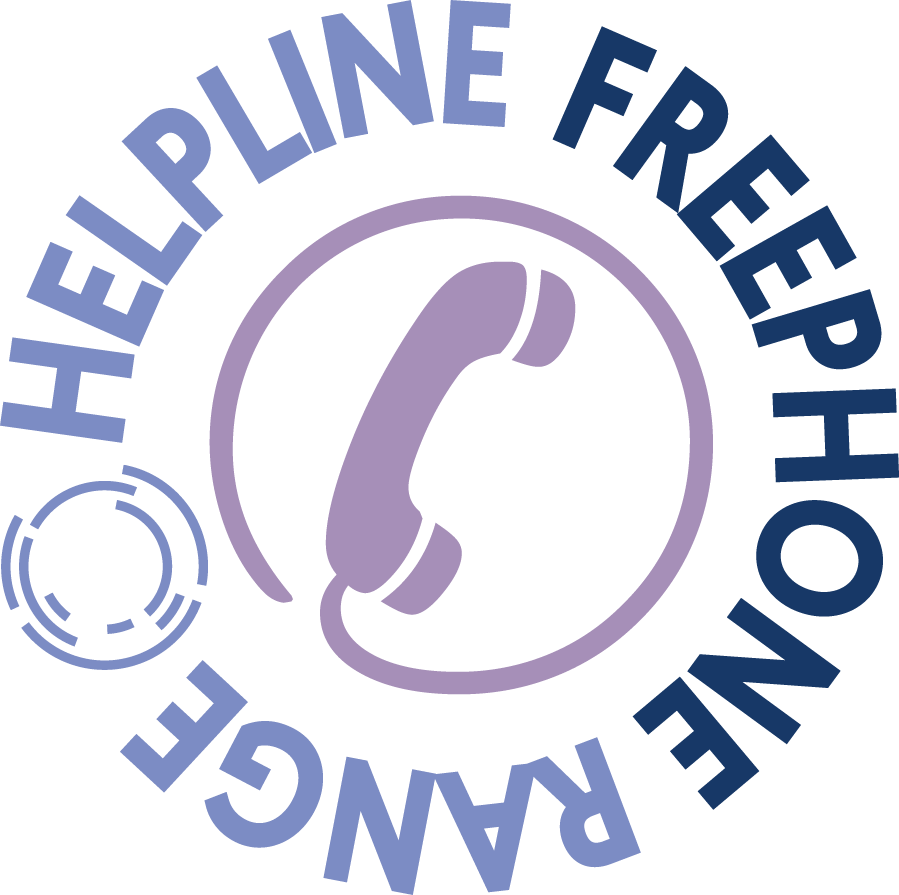
Whether you’re a paramedic, police officer, GP, health visitor, midwife, or social worker, involvement with a sudden infant death can be difficult, and can cause you to question your professional capacity and the extent to which you should get involved with the bereaved family.
Many professionals experience the same anxieties. As SIDS figures have declined, professional involvement in these cases is infrequent. Common concerns include, “I’m not a counsellor”; “there’s a supportive family”; “I don’t know anything about SIDS”; and “I’m not trained to deal with bereavement”.
Information about grief
Don’t make assumptions about how badly parents may be affected by the loss, there is no hierarchy of grief where one is worse than the other.
Profound grief can be felt regardless of the length of a baby’s life.
Attachment to the idea of a baby can begin before pregnancy with many hopes and dreams for the future and can become more pronounced over the course of pregnancy and a child’s early life.
When a baby dies, all members of a family are affected, but no two family members grieve in the same way. Some people are not comfortable openly expressing their feelings and cope with their grief in a more practical way. For example, throwing themselves into fundraising challenges. Just because someone isn’t openly speaking about their feelings doesn’t mean they aren’t feeling grief.
Bereaved parents need to have and it is normal to have a continued bond or relationship with the baby who has died.
The terms ‘get over’, ‘move on’ or ‘recover’ are not appropriate because the grief related to baby loss, as with any loss, can continue for life. It is important for most parents to hold their child in mind whilst they adapt to the loss and go on with their life.
Our advice on supporting a bereaved family
There are no set guidelines as to how much you should be involved or what you should say to a bereaved family, but there are a few things that you can do that will make a world of difference to someone coping with the loss of a child.
Most importantly, make contact, don’t avoid it. When hearing of a bereavement many people including friends and relatives stay away, so even a two minute call will be appreciated. While extra training in bereavement can help you feel more confident in supporting families, you don’t need a special qualification to follow these tips:
Do:
- Keep it brief.
- Offer your condolences.
- Use the baby’s name.
- If possible offer something specific as families may not know what they need. For example: ‘Would you like me to put you in touch with The Lullaby Trust who can support you?’
- If appropriate let them know your availability for future contact.
- Check they have information about The Lullaby Trust, especially the bereavement support number (0808 802 6868) and email address (support@lullabytrust.org.uk)
- Leave your own contact number or check they have their assigned Key Worker’s phone number.
Don’t:
- Use any clichéd expressions of condolences such as ‘time’s a great healer’ etc.
- Don’t use medical jargon when speaking with parents.
- Don’t say you know how they feel.
- Ask them to repeat the story unless they are eager to do so.
- Become defensive of your own or any colleague’s practice.
- Speculate about anything you’re not completely sure about.
- Compare it to another case.
It is natural to assume that accessing The Lullaby Trust bereavement support will improve the outcomes for someone who has experienced the death of a baby or child. However, it is vital for professionals to be aware of when our bereavement support would not be suitable. Find out more about the suitability of bereavement support at The Lullaby Trust.
Being trauma aware
The death of a child is a traumatic event, especially when it is sudden and unexpected and may have involved parents and family members being involved in or witnessing resuscitation attempts and emergency services attending. Bereaved parents and family members may be more likely to experience PTSD.
It is vital for professionals to be aware of symptoms and that help is available using trauma focussed therapy such as EMDR and trauma focussed CBT. Further information can be found in the NHS NICE guidelines.
Symptoms of PTSD will vary from person to person, but they may include:
- flashbacks to the experience
- nightmares about the experience
- repetitive, intrusive, and distressing images or sensations
- physical sensations such as pain, sweating, feeling sick (nausea), or trembling
- anxiety and depression
- insomnia
We have developed a resource for families with tips for coping with trauma symptoms and how to ask for help.
If you would like further help and advice, please call The Lullaby Trust bereavement support line on 0808 802 6868 or our information line on 0808 802 6869. Both are open to professionals and parents, so do call if you need advice on helping a family.
Find out more about our bereavement support services.
If you are interested in organising training for professionals and practitioners covering bereavement communication and support for anyone affected by a baby’s death, please email training@lullabytrust.org.uk for more information.

